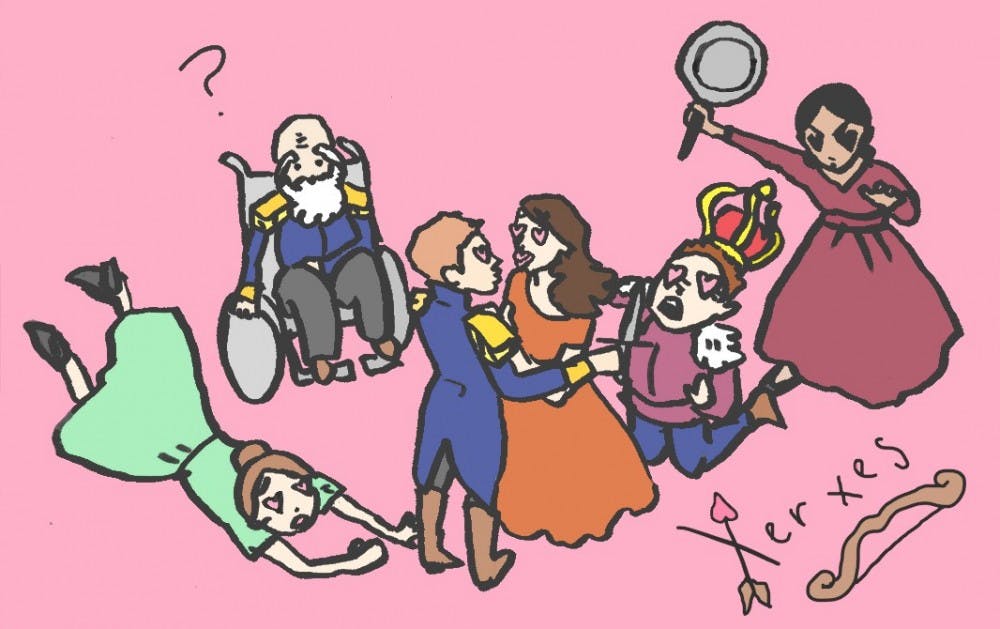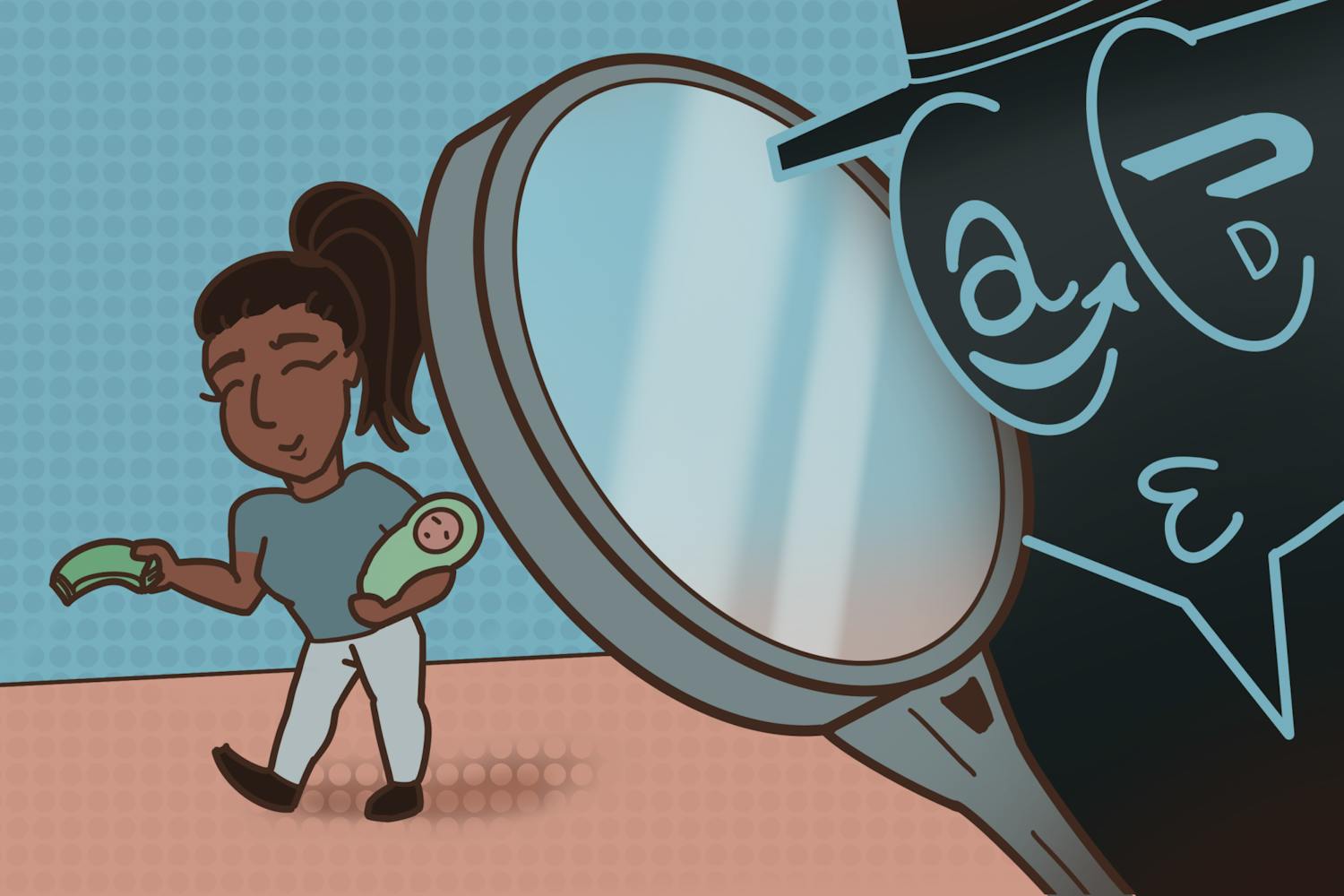Music from another century, songs written in a foreign language and runtimes that can reach over three hours may make some operas seem unapproachable to people who are not used to the genre.
But come Valentine's Day weekend, that is a concept that faculty and students at ASU's School of Music hope to change.
"Xerxes," the only comic opera by German composer George Frideric Handel, will be performed at the ASU Evelyn Smith Music Theatre on Feb. 14 through 17. The opera is full of sibling rivalry, mistaken identities and forgiveness all wrapped up in a tale of love and relationship struggles.
The opera may appeal to people who don't normally go to operas because of its sitcom-like humor and timeless themes, said Dale Dreyfoos, a music professor at ASU's School of Music in the Herberger Institute for Design and the Arts who will conduct the stage direction for "Xerxes."
"Human situations don't really change very much, so it's really just like going to see any movie or TV show," Dreyfoos said. "I think it's really accessible to people who think they might not like opera."
The type of humor in "Xerxes" is typical of 18th-century comedy, similar to A Midsummer Night's Dream, because of the conflicting romantic relationships and people in disguise, he said.
But the opera is unique for the time period in that most operas at the time were usually comedic or serious, while Handel's "Xerxes" gave audiences a mix of both, he said.
Even more, Dreyfoos said that an opera with comedic elements was unusual for Handel, who normally wrote and composed serious ones.
"Xerxes" is a story about two brothers named Xerxes and Arsamene who are in love with the same girl, which results in a feud that pits brother against brother. The opera also combines other elements such as mistaken identity and hilarious disguises that create and develop the humor between the different characters in this opera.
Taylor Hutchinson, a doctorate student studying collaborative piano, worked with the actors to prepare them for the performance and said she appreciates the way Dreyfoos directed the comedic nature in this opera.
“The comedy is going to read really well because of Dale’s direction,” Hutchinson said. “He’s really great with physical humor.”
She said there is one character in particular meant to provide comic relief, named Elviro, who is often drunk and dresses as a flower merchant wearing a dress.
“That’s what makes this opera so interesting” Hutchinson said. “There are very serious moments … and then there are comedic moments.”
Originally, the opera had been performed at ASU in English a few years ago, but it will be carried out in its original language of Italian under the direction of Dreyfoos and Brian DeMaris, who is an associate music professor at the School of Music and the artistic director of the Music Theatre and Opera program. DeMaris is handling the music direction for "Xerxes."
English subtitles will be projected to help keep the audience engaged with the story, Dreyfoos said.




